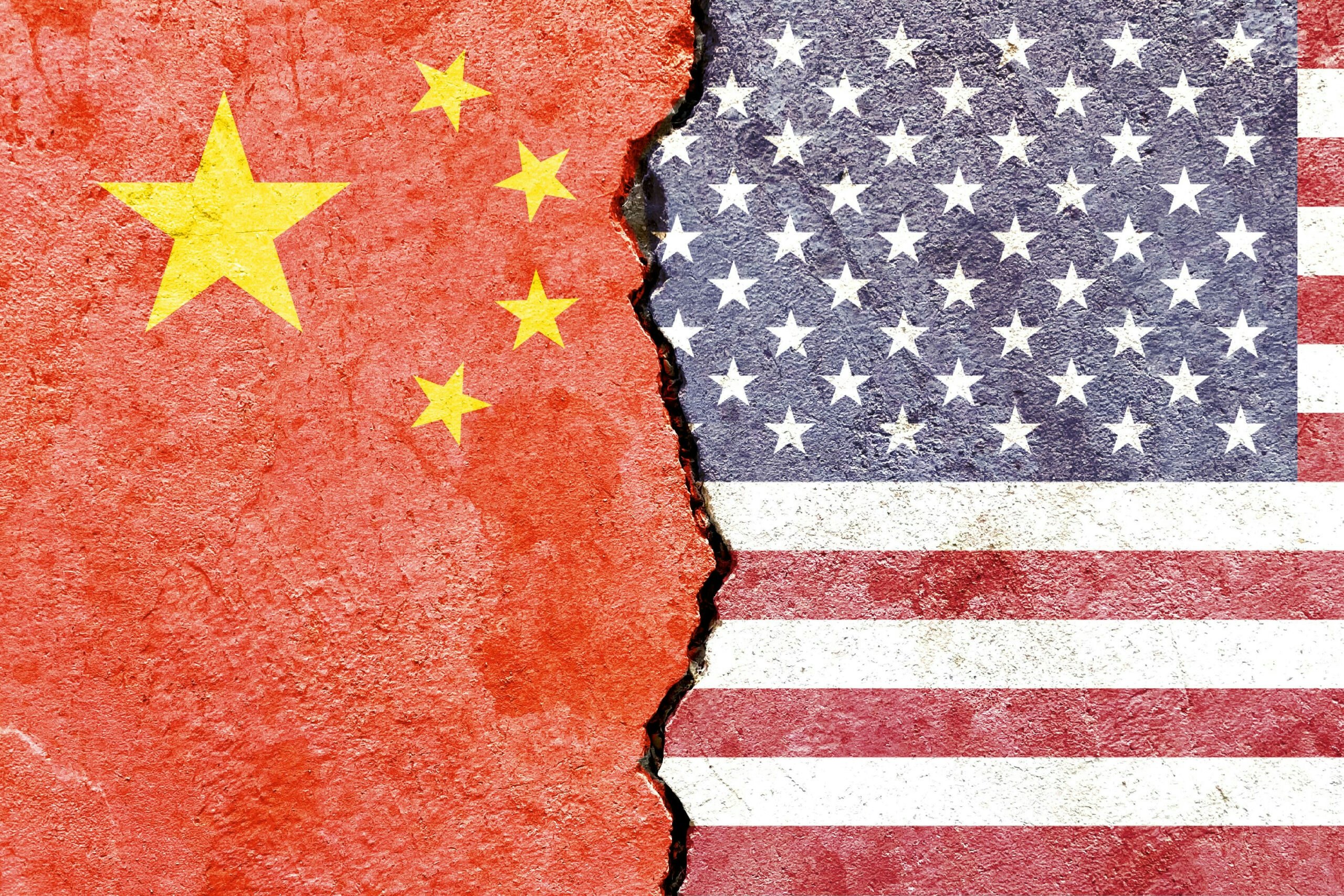One immutable truth about Texas is that everything is bigger here. Two events that happened here recently prove that same axiom when it comes to the competition between the United States and China, the two superpowers whose rivalry will define the 21st century.
On Sept. 23, U.S.-based technology behemoths OpenAI and Oracle opened a massive data center in Abilene, about 180 miles west of Dallas. Part of the $500 billion Stargate Project, the facility represents the first stage of an unprecedented investment in artificial intelligence (AI) infrastructure in the United States. After the flagship facility in Abilene, new sites will follow in New Mexico and Ohio. These sites will require massive new capital investments as well as a staggering 15 gigawatts of power supply. For comparison, this is the same amount of power the nation of Spain unexpectedly lost during its massive blackout in April, which represented 60 percent of that nation’s entire power supply.
Why this is important
This matters because technology, and most prominently AI, is at the core of U.S-China competition that will define this century. On Sept. 25, the Special Competitive Studies Project (SCSP), a think tank started by former Google CEO Eric Schmidt, held a high-profile conference in Austin to contextualize what it all means. In his remarks, Schmidt did not mince words and called U.S. leaders to take concerted action to focus on investing in technologies of the future like AI. According to Schmidt, China is already ahead of the U.S. in some elements of technological competition, such as low-cost robotics, although the U.S. is still ahead in many higher-end systems.
China also still holds the keys to many high-tech critical supply chain chokepoints, such as lithium batteries. At the SCSP event, the CEO of Skydio, a major U.S. drone manufacturing company, related the story to the difficulties the company faced after the Chinese government sanctioned Skydio for the cardinal sin of selling drones to Taiwanese firefighters. Skydio, whose drones relied on Chinese-supplied batteries among other components, eventually overcame these challenges and fully divested their supply chain from China. But Skydio’s experience should serve as a lesson for all U.S. companies that still want to do business in China, especially in sensitive technological sectors.
Also highlighted at the SCSP event were two other Texas success stories that will position the United States as the leader in the global technology race. Texas Robotics at the University of Texas at Austin and the Capital Factory in Austin are training the next generation of young tech leaders that will propel the United States beyond our competition. But only if U.S. leaders follow the right policies to attract and keep all that talent in the United States.
What’s next
The United States must fight and win in the race for technological supremacy with China. With the right policies rooted in our values of freedom, transparency, and accountability — paired with our endless desire for change and innovation — we are in fact the best-positioned party to win this race. After all, it is the United States that has for the last 80 years led the world in scientific innovation and built an economy that is still the envy of the world.






























